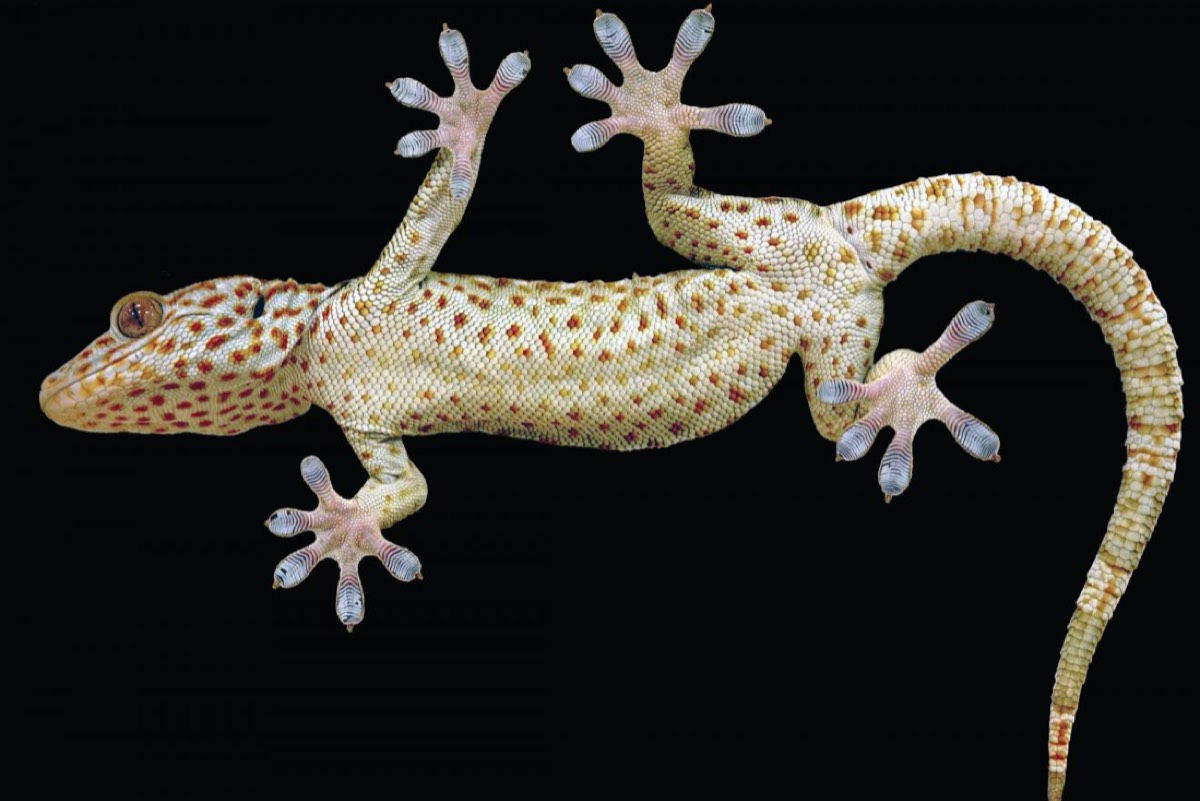We all know the feeling. You walk into your kitchen, ready to grab a snack or start cooking, and there it is. A tiny, quick movement on the wall. A lizard. For many, these scaly creatures are just a normal part of life, especially in warmer climates. They seem harmless, even helpful, munching on insects. But what if we told you there's more to these silent invaders than meets the eye? Your kitchen, the heart of your home, might be silently compromised.
More Than Just a Little Critter
While they might appear to be keeping your insect population in check, lizards can bring a host of unseen problems right into your food preparation areas. It's not about them being inherently "bad," but rather about the environment they come from and what they can carry.
Think about where lizards spend their time. Dark corners, drains, behind appliances – places that aren't exactly sparkling clean. They crawl over surfaces that could harbor bacteria and then, without you knowing, they might scurry across your countertop, near your fruit bowl, or even brush against uncovered food. This transfer of unseen contaminants is a major concern.
The Unseen Passengers
Lizards are known carriers of various bacteria, most notably Salmonella. This is the same bacteria often associated with raw chicken or eggs, and it can cause serious food poisoning in humans. When a lizard walks across a surface, it can leave behind traces of these bacteria. Imagine this happening on your cutting board or near your plates. Even if you don't directly touch the lizard, the indirect transfer of germs is a real possibility.
Did you know that a single lizard can carry thousands of bacteria on its skin and feet, making it a surprisingly effective vector for germ transmission in your home?
Beyond bacteria, lizards can also carry parasites. While less common, the risk exists, especially if you have young children or individuals with weakened immune systems in your home. These silent passengers are what truly make a lizard in your kitchen more than just an inconvenient sight.
Protecting Your Culinary Space
So, what can you do to ensure your kitchen remains a safe and hygienic haven. The first step is prevention. Lizards are often drawn to kitchens because of food sources and water. Keep your kitchen clean, wipe down spills immediately, and store food in airtight containers. Don't leave pet food out overnight. Repair any leaky faucets or pipes, as standing water attracts them.
Sealing up entry points is also crucial. Check for cracks in walls, gaps around pipes, and unsealed windows or doors. Even small openings can be an invitation for these agile creatures. Weather stripping around doors and screens on windows can make a big difference.
Active Solutions for Persistent Pests
If you're still finding lizards despite your best efforts, it's time to consider more active solutions. There are various products designed to deter them. For a quick and targeted approach, a lizard repellent spray for home can be effective. These sprays often use natural ingredients that lizards dislike, making your kitchen an unwelcome environment for them without harming your family or pets. Always read the labels and use as directed.
For a more continuous and hands-off approach, you might look into effective repellent machines for lizards. These devices often emit ultrasonic waves or vibrations that are uncomfortable for lizards, encouraging them to leave the area and stay away. They are a good option for a long-term deterrent, especially in areas where lizards are a persistent problem.
Ultimately, understanding the potential hidden dangers of lizards in your kitchen is the first step towards a healthier home environment. By taking proactive measures and using appropriate solutions, you can ensure your kitchen remains a clean, safe, and lizard-free zone for you and your family.




